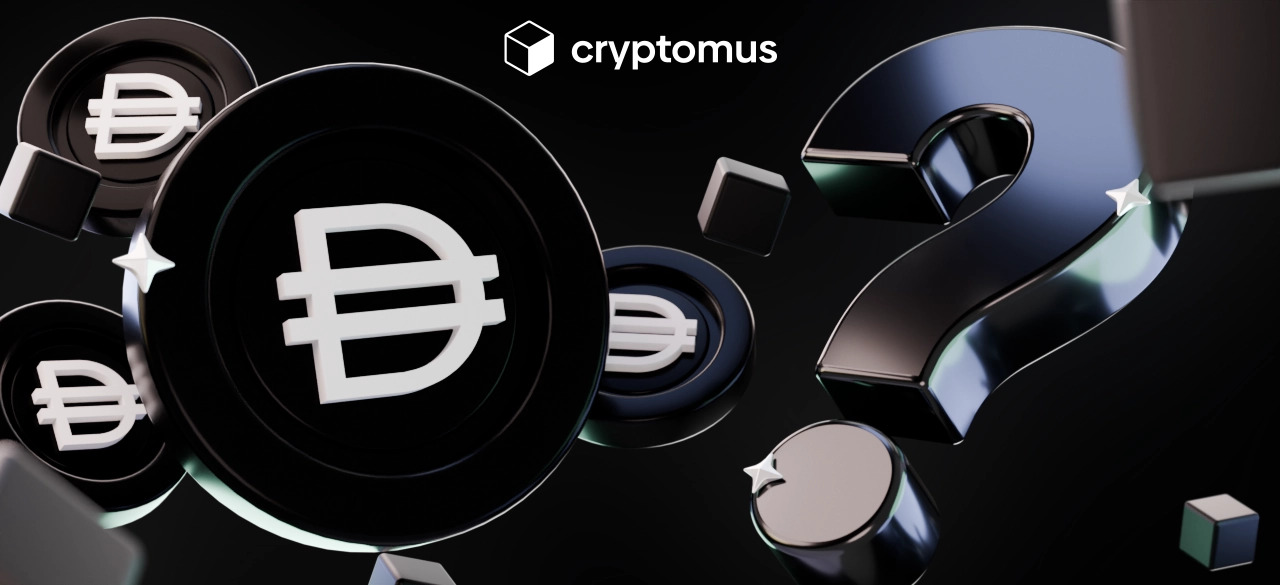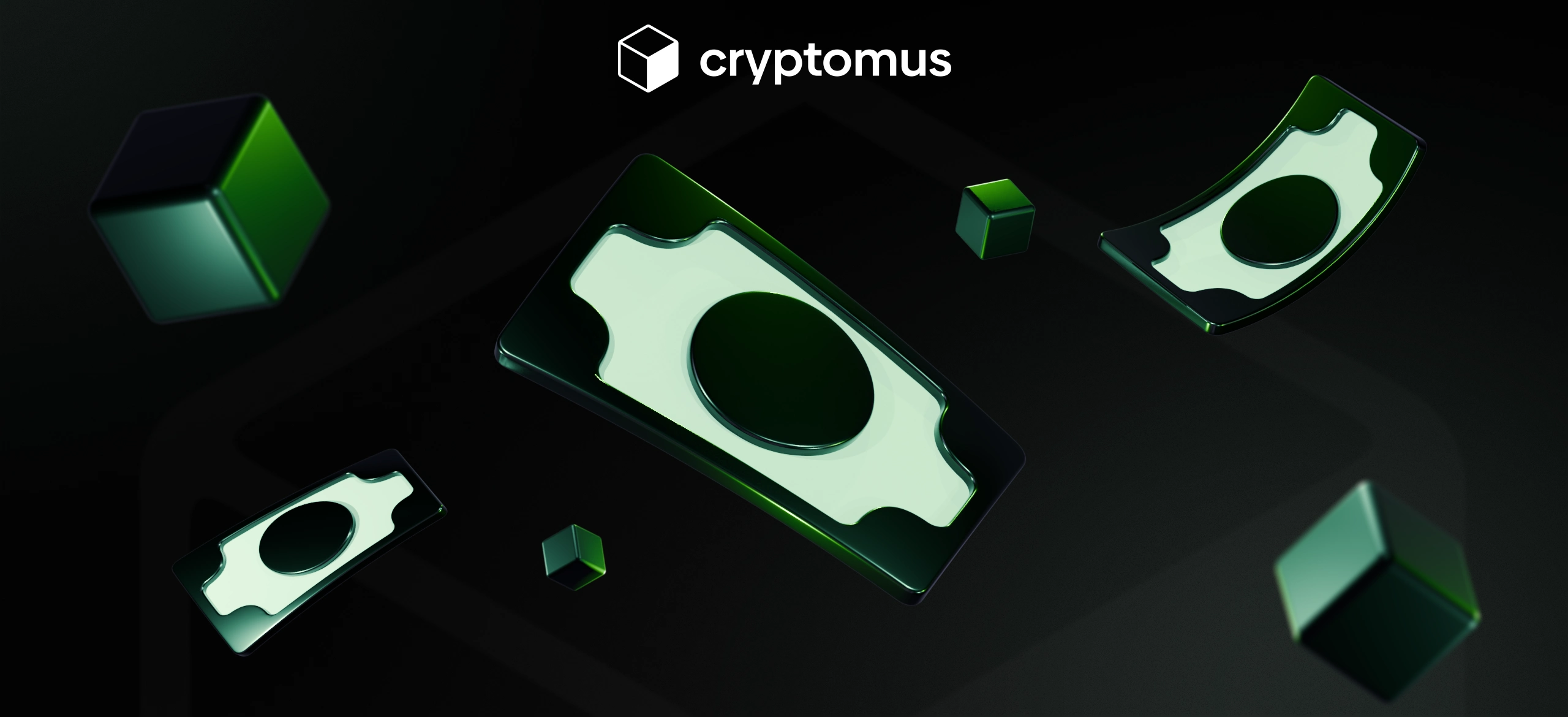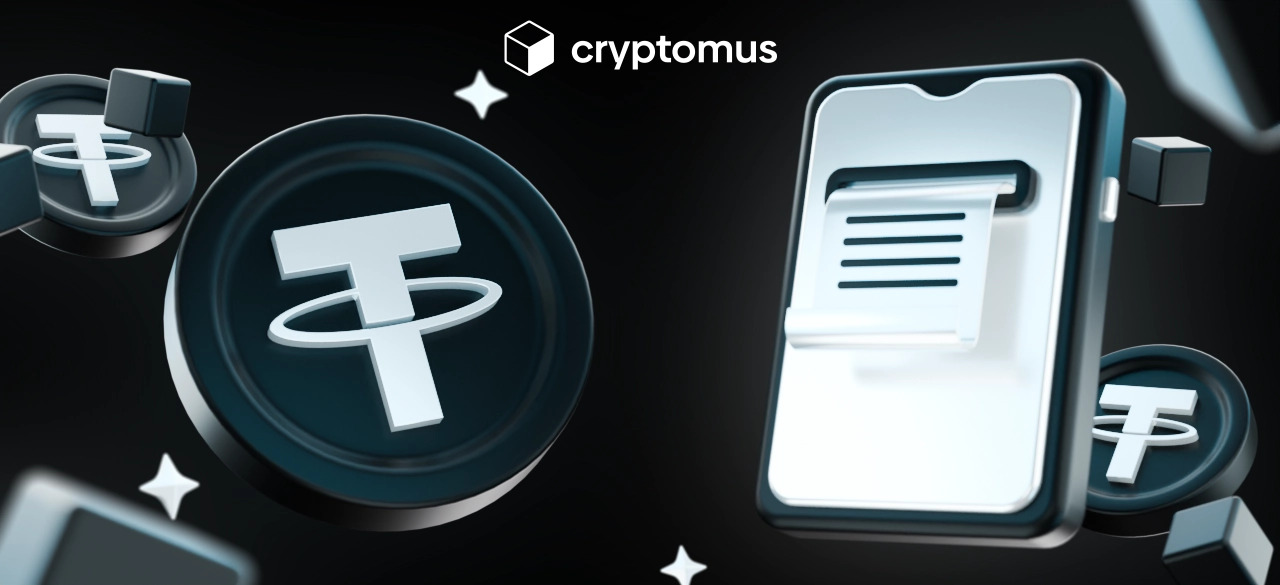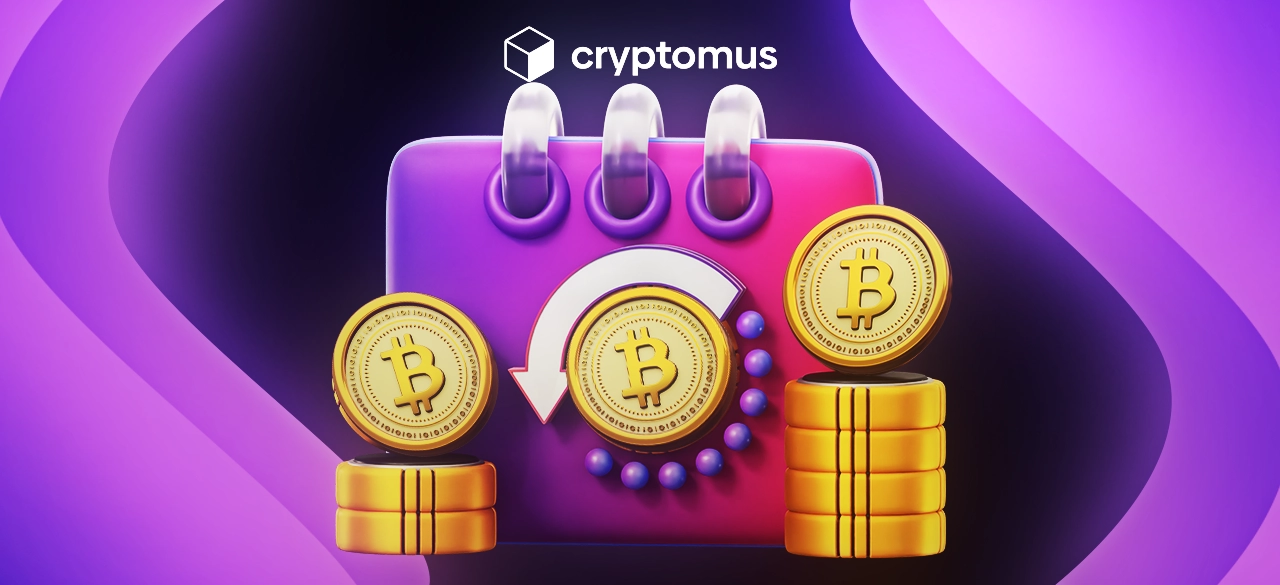
How Does the Integration of RWA Tokenization and DePIN Revolutionize Digital Asset Transactions?
Table of Contents
The integration of RAW and DePIN is an innovative combination that securely and transparently bridges the gap between the physical and digital realms. Today we will reveal DePIN and RWA meaning crypto and consider all aspects of this synergy.
What are Tokenized Real-World Assets?
Real-world assets tokenization is the process of converting rights to real world physical assets into digital tokens on a blockchain network. This increases the liquidity of tokens, which increases the liquidity and democratization of traditional financial markets. RWA crypto projects make it possible to attract investments from the cryptocurrency industry to offline businesses, work on a global level, and reduce commissions and transaction costs.
What else makes RWA crypto tokens different? Thanks to innovative solutions such as blockchain for example, these tokens can be bought, sold or traded on cryptocurrency exchanges, making the investment process more accessible, transparent and efficient.
To understand what is RWA in crypto, it is also worth learning that several types of real assets can be digitally tokenized, such as:
-
Real Estate: In the process of tokenization of real estate, smart contracts play an important role, which allow global investments through shared ownership. Thanks to them, actions such as processing rental payments, distributing income between several token owners and other procedures become largely automated and do not require the intervention of third parties.
-
Works of Art: A prime example of RWA crypto coins are NFTs (non-fungible tokens). Surely you have already heard about them. These are the same tokens that prove that you own a unique object or collectible in the digital space.
-
Financial Assets: Shares, bonds, options, securities and other financial assets are included in crypto RWA tokenization. Digital investors can obtain ownership over them from various companies.
-
Intellectual Property: This category includes such assets as: copyrights, patents, trademarks. If you are interested in learning more about the integration of the cryptocurrency world and IP, or inquiring about how blockchain can protect intellectual property today, then you can go to our blog and read the previous article.
What is DePIN Crypto?
DePIN stands for Decentralized Physical Infrastructure Networks. They are blockchain networks where tokens are used to encourage and motivate communities to build physical infrastructure networks. As a rule, all this happens through the participation of society. The DePIN process involves machines, robots or vehicles that deliver goods and services in real life. And the blockchain technology underlying DePIN crypto ensures the peer-to-peer nature of all actions and the absence of control by central authorities.
How RWA Tokenization and DePIN Work Together
The RWA crypto tokenization process begins with selecting a suitable asset to tokenize. As we said earlier, this could be stocks, real estate, art and even jewelry. This asset is then valued, after which a digital contract is created on the blockchain. It describes the rights and obligations of token owners, and also confirms that the company has a certain amount of assets. The asset is then divided into a certain number of tokens and distributed among investors. Each token represents a share of ownership of the asset; and it can be purchased by those who want a share in the asset.
What about DePIN crypto? DePIN crypto projects work like this: there is a service customer, for example NATIX Network, which has developed an application that, by opening it on their phone, people can provide data from a camera while driving in a car in order to collect valuable data on traffic volume and road conditions in specific areas. And anyone who provides their phone or other device to complete such tasks can receive a reward in tokens.
DePIN crypto and RWA in crypto together create a connection between physical objects and the blockchain. Their integration solves a large number of problems. Let's take an example: For some DePINs, people will only need access to a personal smartphone, which is not a problem for many today. What happens if expensive equipment is required? Often, in order to encourage people to buy such equipment, DePIN requires an appropriate reward to make their purchase worthwhile. But not everyone is ready for this. Then RWA Tokenization comes to the rescue. It allows the community to raise funds collectively by tokenizing what would normally be expensive hardware. And therefore, funds collected through RWA tokenization can eliminate problems with the cost of entry into DePIN.
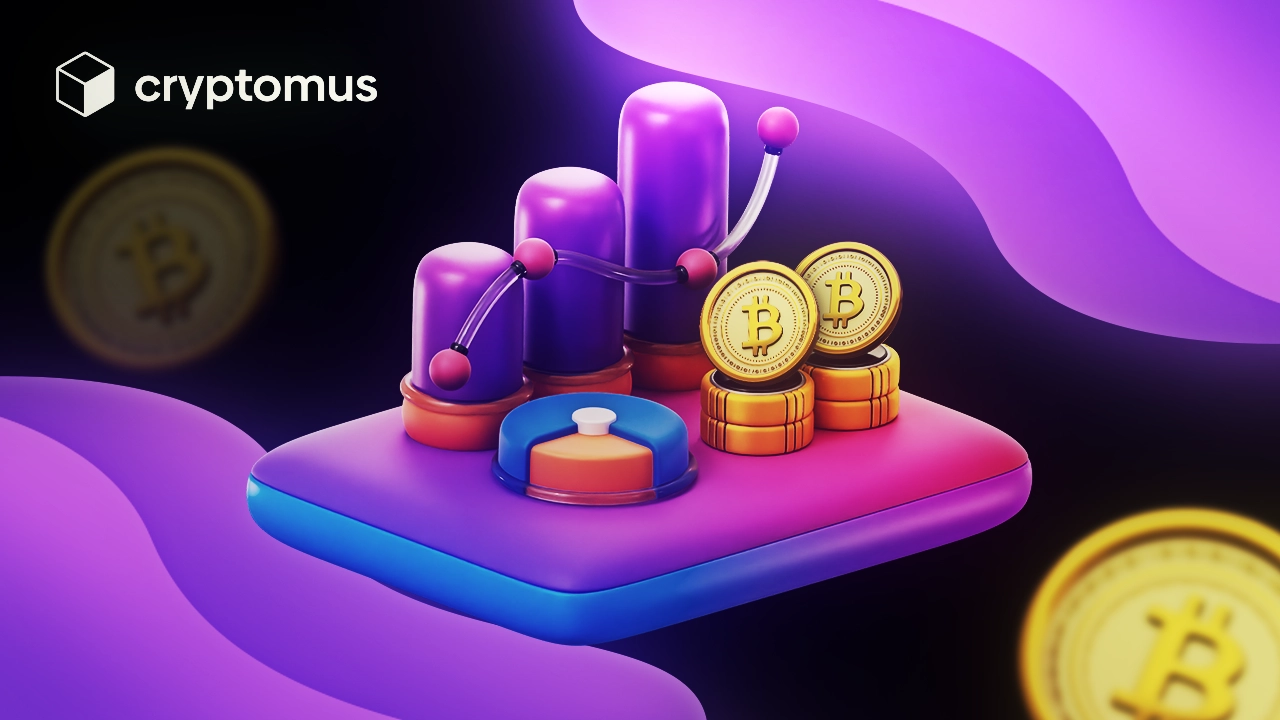
What are the Benefits of RWA Tokenization?
Once we understand the RWA meaning in crypto, we should know its advantages:
-
Speed and Reduced Costs: The absence of intermediaries such as lawyers, brokers, banks, etc., reduces the costs associated with their operation and allows to quickly and efficiently trade items around the clock.
-
Increased Liquidity: The global nature and low barrier to entry makes it possible to transform traditionally illiquid and slow-growing assets into tokens that will be available to more investors in the cryptocurrency market.
-
Ease of Cross-Border Transactions Using Tokenized Traditional Currencies: While we were discussing the RWA crypto meaning, we forgot to mention that various currencies can also be tokenized. And the best RWA crypto tokens often include tokens such as Tether and USDC. Being pegged to the dollar, they allow faster settlements between parties. And the main advantage is that the purchase of these tokens is available to everyone on P2P exchanges such as Cryptomus.
What are the Benefits of DePIN Crypto?
After we answered what is DePIN crypto, we should also highlight its benefits:
-
Cost Effective: DePINs are designed to provide the best service at the lowest cost, offering a cost-effective system. This happens due to minimal or no startup costs.
-
Security: Where blockchain is used, all network data and transactions will be more transparent and verifiable. This increases the security and confidentiality of DePIN networks and prevents data fraud and leakage.
-
Inclusiveness: DePIN strives to be open, democratic and accessible. They offer open participation, allowing everyone with the necessary resources to contribute.
Potential Impact of RWA Crypto Tokenization and DePIN on Digital Assets
From a technological point of view, DePIN and RWA projects crypto can influence the development of commercial-grade software and hardware. Modern systems are highly centralized, and corporations have an advantage in managing vital routine facilities. DePIN and RWA could potentially change this situation for the better with their decentralization. And opportunities such as receiving rewards in crypto and getting a share in tokenization are pushing more and more people to implement cryptocurrency solutions in their everyday life.
Simplify Your Crypto Journey
Want to store, send, accept, stake, or trade cryptocurrencies? With Cryptomus it's all possible — sign up and manage your cryptocurrency funds with our handy tools.
Get Started







